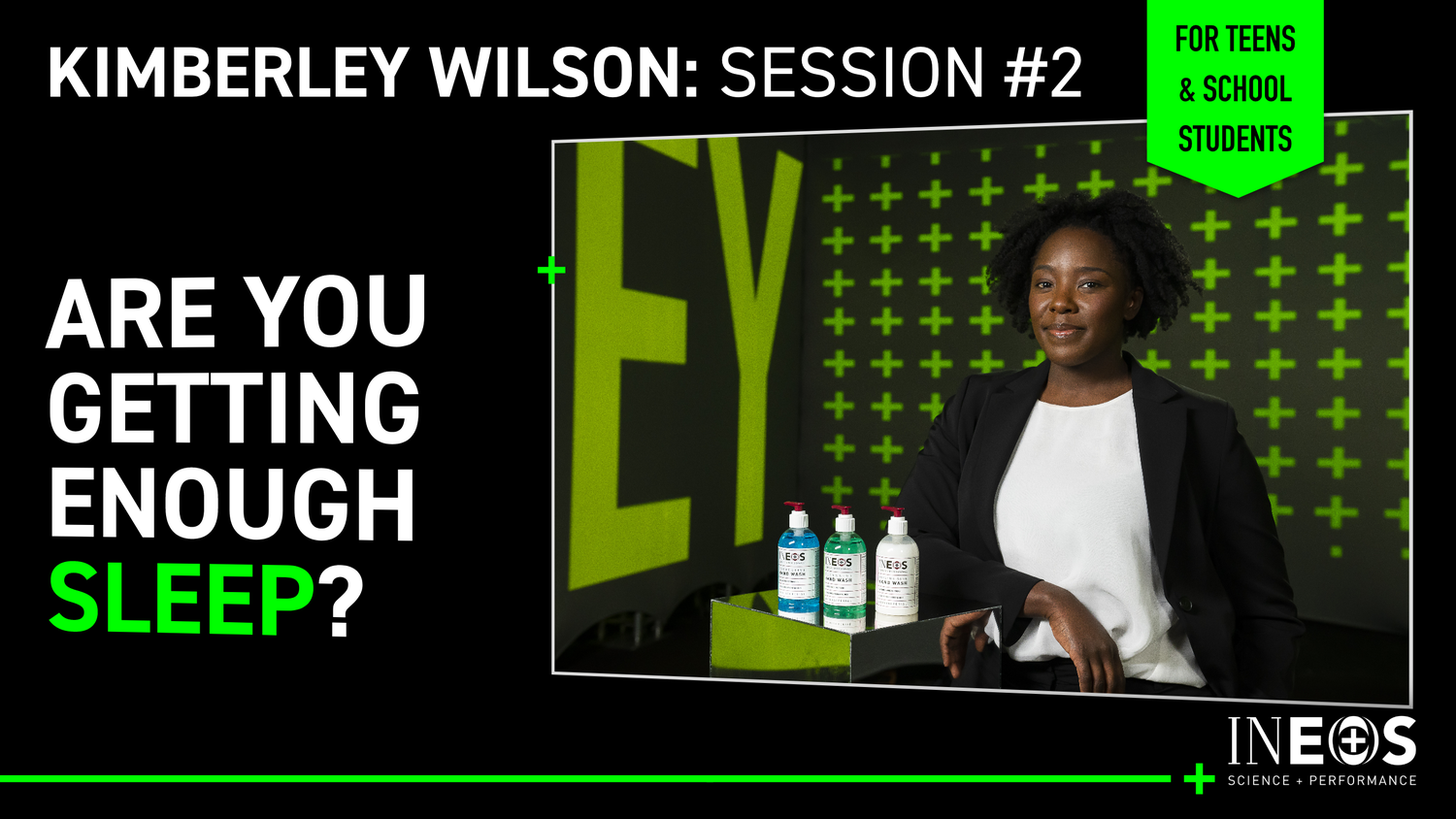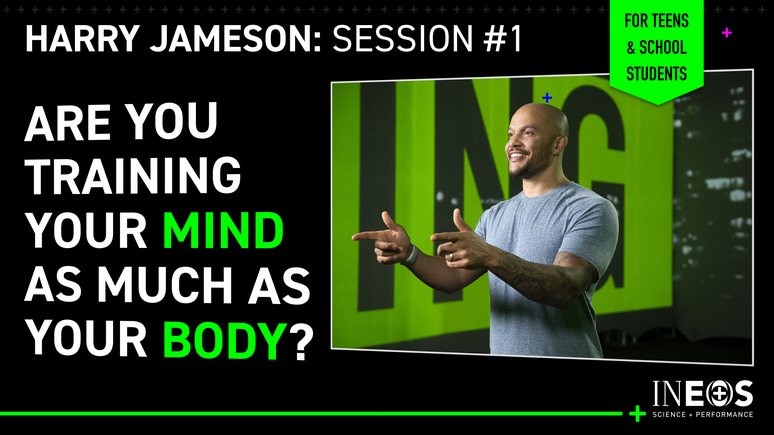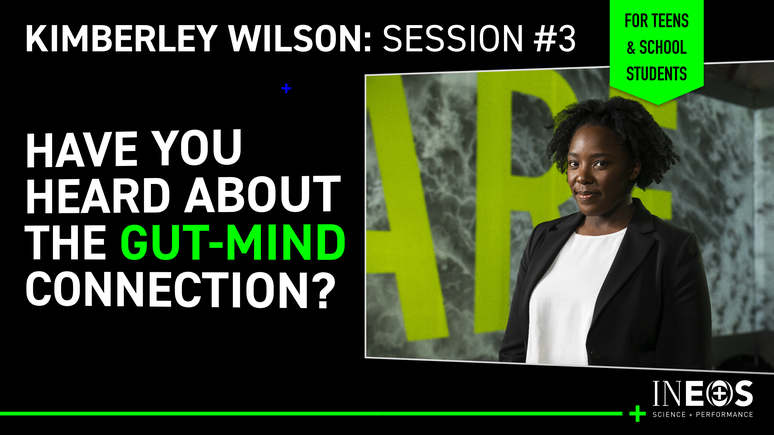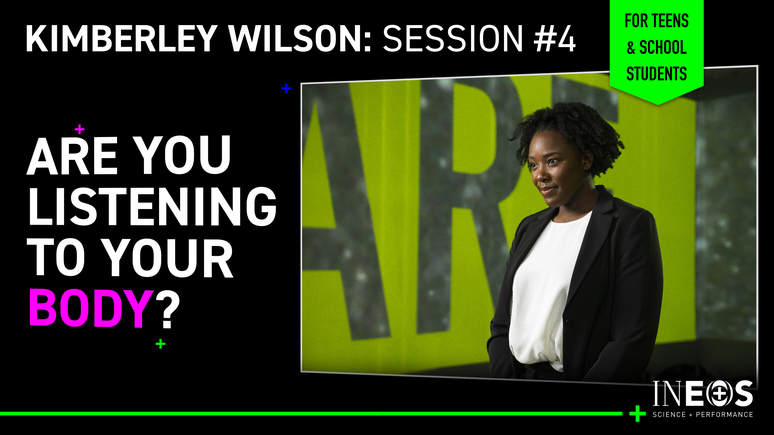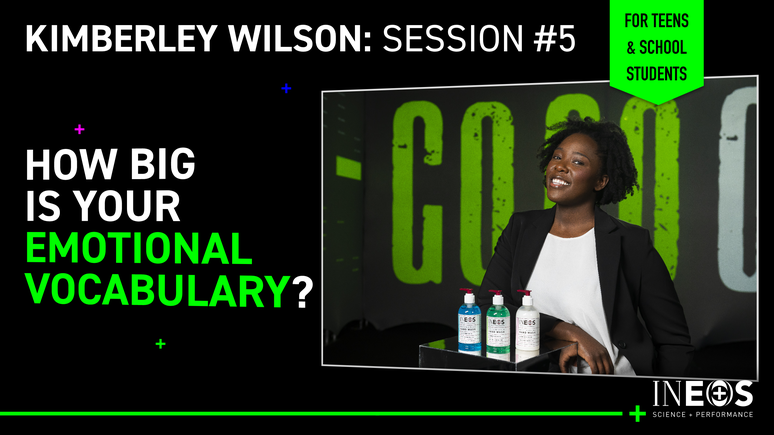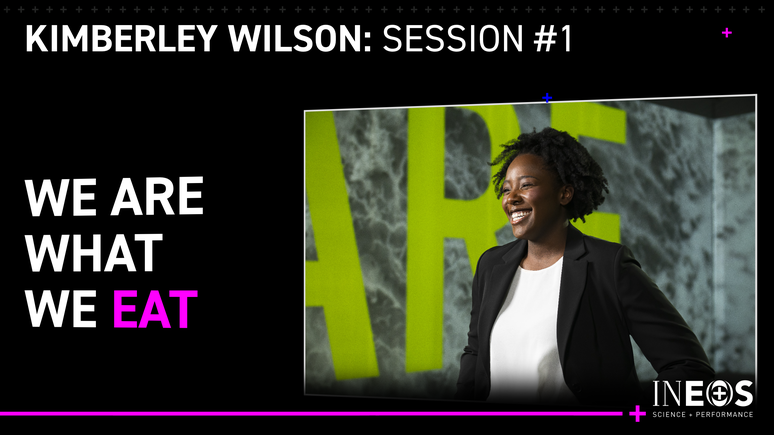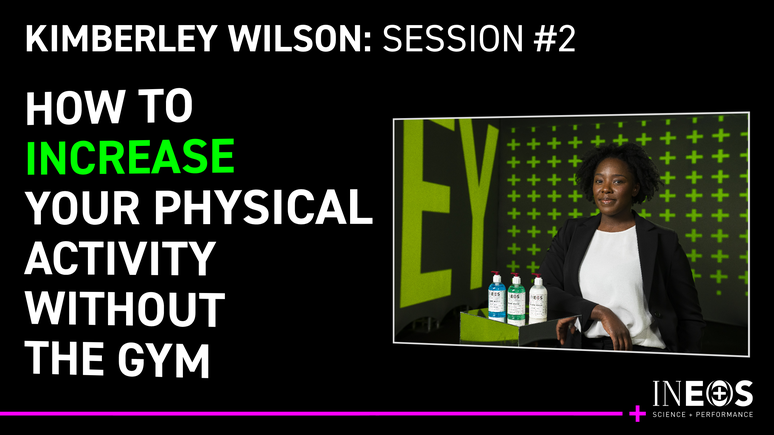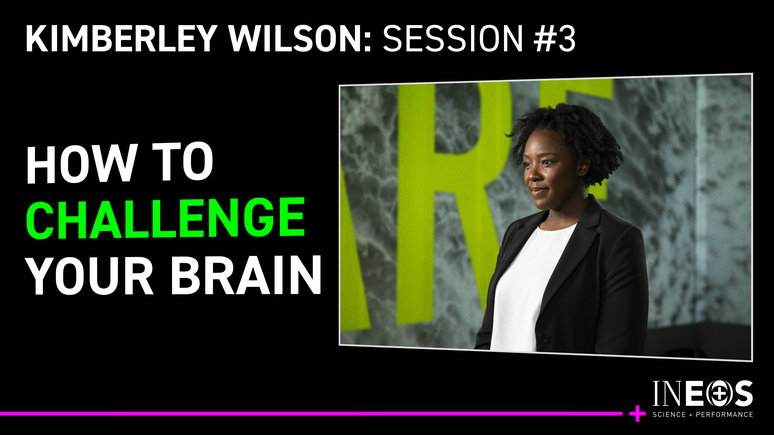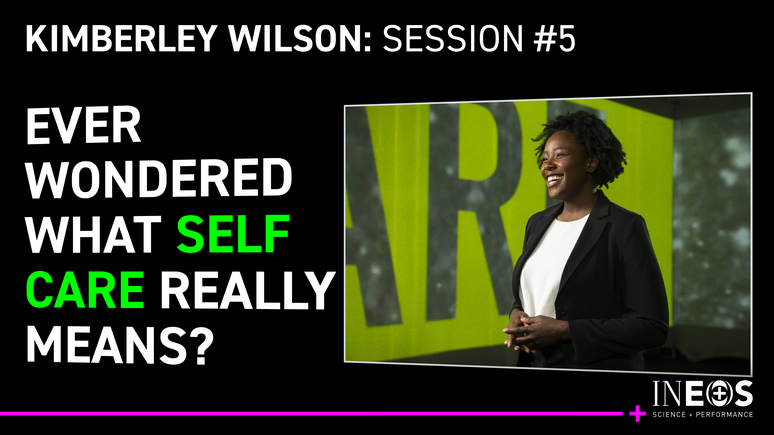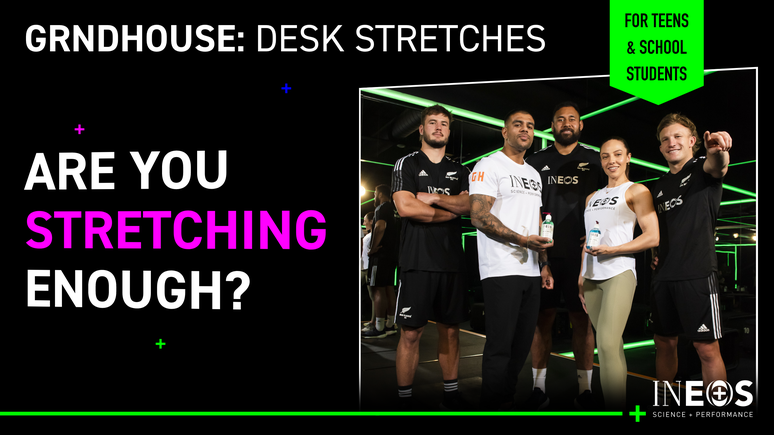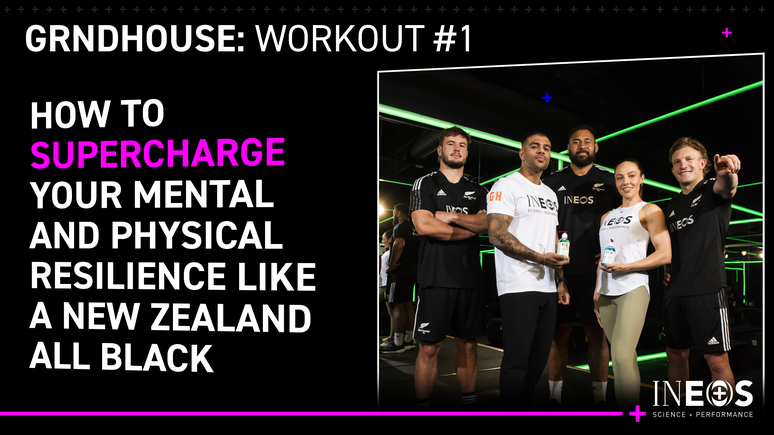Hi Everyone,
I’m Kimberley Wilson - a Psychologist and Brain Health Expert.
My work is all about understanding the connection between food, mood and behaviour, and helping you to live better, longer.
As part of the INEOS ‘Go Humans Academy’, I’m here to talk about SLEEP and how it can impact brain health.
When your alarm went off this morning, did you hit snooze?
Some days it’s easier to wake up than others.
Sleep is absolutely vital to our health, particularly sufficient, good quality sleep.
During your teenage years, you need more sleep than you might think, because your bodies and minds are growing quickly. Which is why it can be hard to get up in the morning!
Sleep is important because it allows the brain to deep clean - clearing out the waste that builds up during the day.
Not enough deep sleep can interfere with brain health and function, affecting us both physically and mentally.
Poor sleep can make your moods more volatile, with unpredictable highs and lows.
And it can also impair your awareness and increase negative thoughts.
Think about how much sleep you’re getting, and about some of the changes you might be able to make to help you get more sleep?
Can you challenge yourself to avoid screen time at least 30 minutes before bed?
So put down your phone, laptop, and turn off the TV or games console, as these all emit blue light that can interfere with sleep by suppressing the body’s release of melatonin.
Also, look to go to bed earlier on some nights, or try to go to bed and wake up at the same time to create a regular sleep routine.
Hopefully the snooze button will be a thing of the past!
